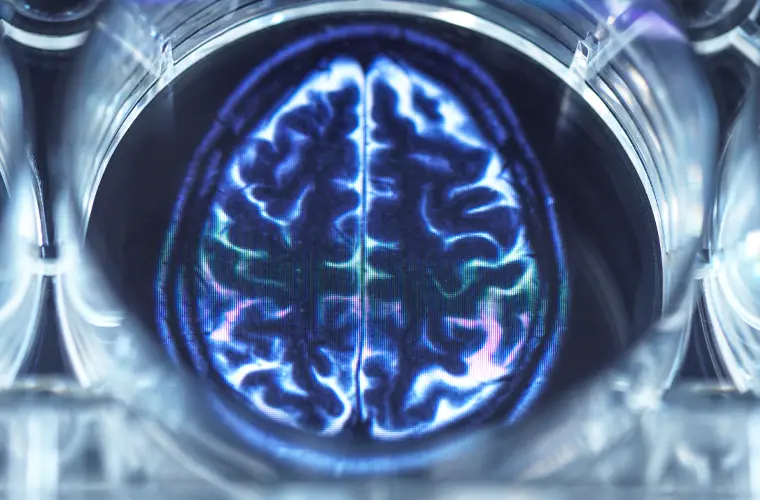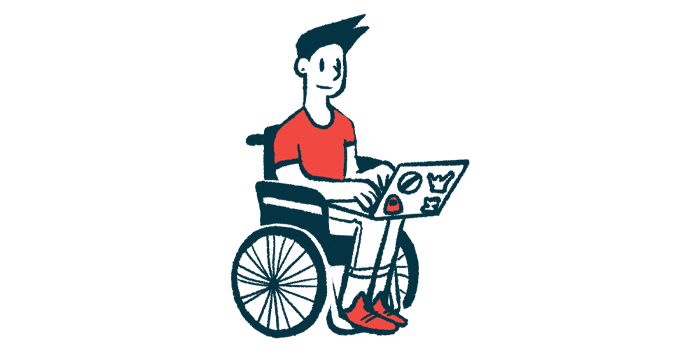‘Unprecedented’ level of control allows person without use of limbs to operate virtual quadcopter | University of Michigan News
A brain-computer interface, surgically placed in a research participant with tetraplegia, paralysis in all four limbs, provided an unprecedented level of control over a virtual quadcopter—just by thinking about moving his unresponsive fingers.| University of Michigan News



